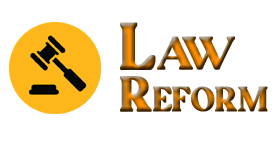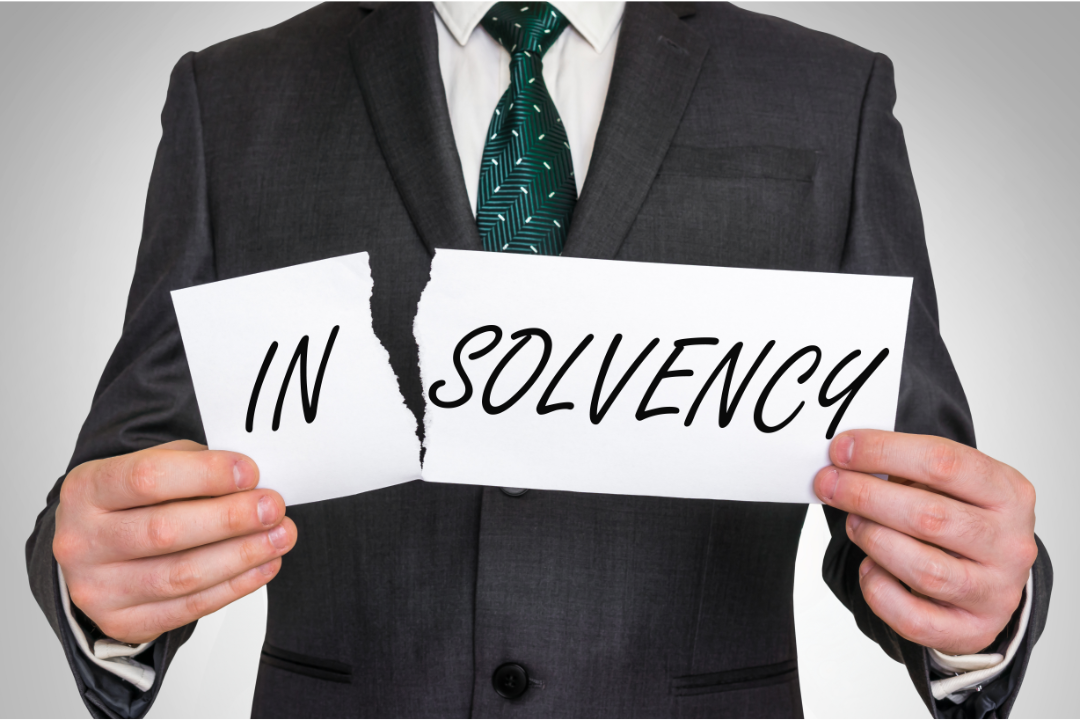In this article, our experienced insolvency lawyers explain all you need to know about legal proceedings on corporate insolvency and insolvent trading claims. We believe that with adequate knowledge about the bankruptcy act, personal insolvency agreements, restructuring insolvency, legal process and how to get the best insolvency advice, our insolvency practitioners will make sure you are well-positioned to make good choices with your legal processes.
Companies are unlike any other organisation as they are considered their own legal entity and have the protection of limited liability. However, the Directors can be held personally accountable for the company’s conduct if the corporate veil is raised, which happens in specific circumstances.
This is a typical result of a bankrupt company’s continued operations. Directors have a responsibility to stop a company from conducting business when it is bankrupt, as stated in Section 588G of the Corporations Act 2001. The significance of this responsibility for Directors is explored here.
The obligation of a director to avoid trading when insolvent
If the directors of a firm allow it to accrue debts while it is insolvent, the company is engaging in insolvent commerce. Therefore, being unable to pay all debts as they become due is the definition of best insolvency lawyers.
The obligation arises under Section 588G(c) of the Corporations Act (Cth) not only if the business is formally bankrupt, but also if there are reasonable reasons to fear it is insolvent or will become insolvent.
Furthermore, responsibility can be shown if it is proven that the Director knew or should have known that there were reasonable reasons for thinking that this was the case.
Because of this, Directors cannot claim they did not know about a problem and so avoid responsibility. Before allowing the firm to take on any further debt, directors should always make sure there aren’t any reasons to suspect the business is already insolvent or will soon become so.
Directors have a duty to avoid insolvent trading, which means they must take reasonable measures to ensure they are always aware of the company’s financial health, such as keeping detailed financial records.
Insolvency: What You Need to Know
If your firm is experiencing financial difficulties, you, as a director, should be aware of this. Poor operational profitability, low cash flows, difficulty paying suppliers and creditors on time, and difficulty receiving more credit from suppliers are all symptoms of financial stress in addition to cash flow, which is typically emphasised when comparing assets with liabilities.
Inability to make timely payments or legal action are two more financial difficulties. Directors must be vigilant in recognising signs of financial distress and acting accordingly.
As previous examples have shown, pinpointing the exact moment a firm becomes bankrupt is of the utmost importance. It may not always be evident whether a corporation is in reality insolvent, particularly if the organisation has a complicated structure or the accounting standards are vague.
If your firm is having problems meeting its debt repayment commitments, it may be in danger of engaging in insolvent trade. Contact an insolvency specialist immediately if you have any questions; time is of the essence here. This will guarantee that you begin investigating potential solutions and implementing preventative measures as soon as possible.
Implications of doing business while insolvent
The law places a heavy emphasis on the prevention of insolvent trade, and directors who fail in their affirmative obligation to ensure that their company does not engage in such activity may be subject to disciplinary action. Trading while bankrupt can lead to criminal prosecution, civil fines, and compensation claims.
Financial penalties for Directors might reach $200,000 in the event of a civil lawsuit.
The Australian Securities and Investments Commission (ASIC), a liquidator, or a creditor may bring personal compensation actions against a corporate director on behalf of the business’s creditors. Such payments may be made in an infinite sum.
If dishonesty is discovered to have played a role in insolvent trading situations, directors might face criminal penalties. The maximum penalty for Directors includes fines of up to $444,000 and/or imprisonment for up to 15 years. Visit https://lawreform.net/roles-of-insolvency-lawyers/ to read about Roles Of Insolvency Lawyers.
Safeguards Against Financial Trading
An insolvent trading allegation may be defended in specific circumstances. The Director may assert as a defence that he or she had a reasonable basis for believing that the Company was solvent, that he or she had a good reason for not participating in the management of the Company at the time, or that the Director took all reasonable steps to prevent the debt from being incurred.
In some cases, directors might rely on safe harbour rules that buy them the time to pursue a turnaround strategy.
Choices for Bankrupt Corporations
Accounting, financial, and legal assistance should be sought out as soon as possible by directors of corporations that may be insolvent. Consult with insolvency professionals who can advise you on the best course of action to increase the likelihood of survival for your business. Also, make it a priority to ensure that your business doesn’t take on any additional debt.
It might be a good idea to recapitalize your business if you can do it swiftly through means such as reorganisation, refinancing, or the acquisition of equity money. If that isn’t possible, you may want to consider appointing a volunteer administrator or liquidator to help rescue the firm or wind it down if practicable to maximise the outcome for the creditors.
Managing Things on Your Own – Your firm will have a third party, either an independent administrator or a registered administrator, take over operations and try to salvage it. Establishing a deed of business arrangement is one option (DOCA).
The board just needs to decide that the firm is bankrupt or on the verge of insolvency and that an administrator should be appointed for the voluntary administration process to move forwards.
If you’ve come to the conclusion that liquidating your business is the best option, you’ll need to hire a liquidator who will, among other things, sell off the company’s assets, recoup any money that’s rightfully theirs, and distribute the revenues to the creditors.
Preventing Financial Ruin with Trading
You, as a business director, are responsible for understanding your legal responsibilities and the obligations that follow from them. To accomplish your duties as a director, it is essential to maintain accurate records. You can’t have a comprehensive grasp of your company’s financial standing or perform up to par as an entrepreneur if you don’t keep thorough and accurate financial records.
In order to fulfil your responsibility to avoid insolvent trading, you must keep accurate and up-to-date accounting records at all times.
Seek immediate expert counsel if you have concerns about the financial health of your business. If you’re not sure if your business is solvent, an insolvency professional can help you figure it out. Visit our insolvent trading guide or get in touch with us immediately for further details.


